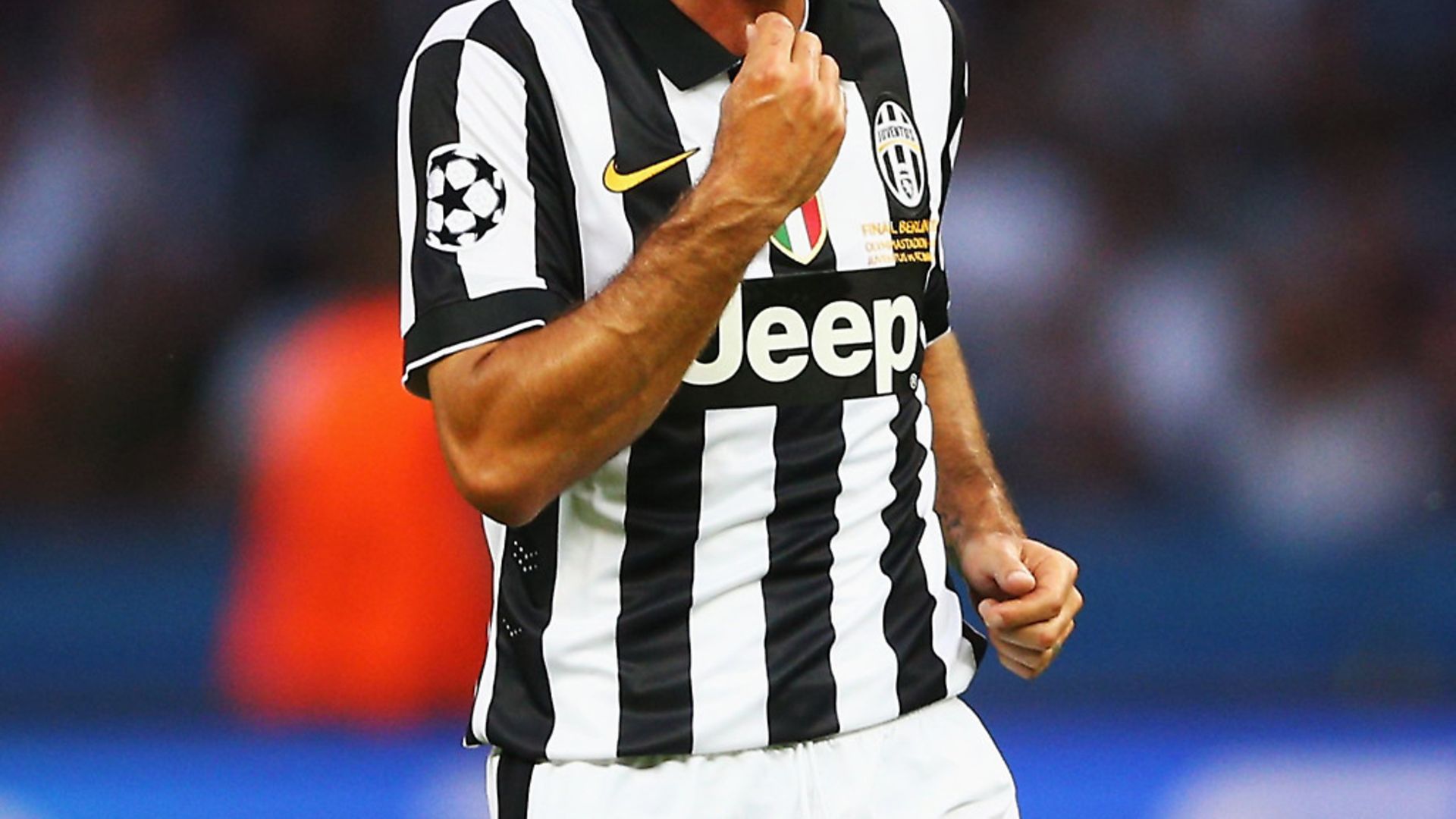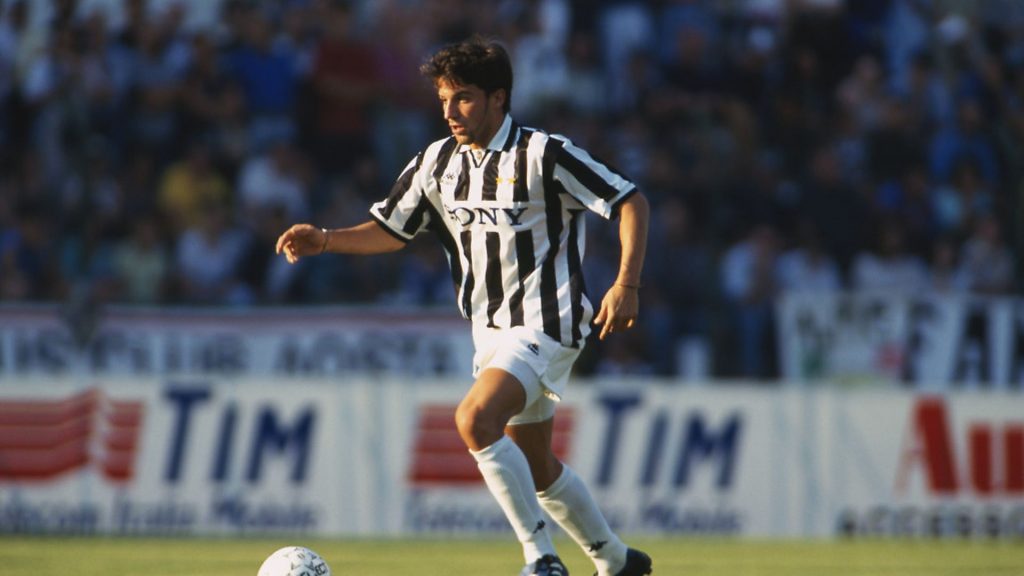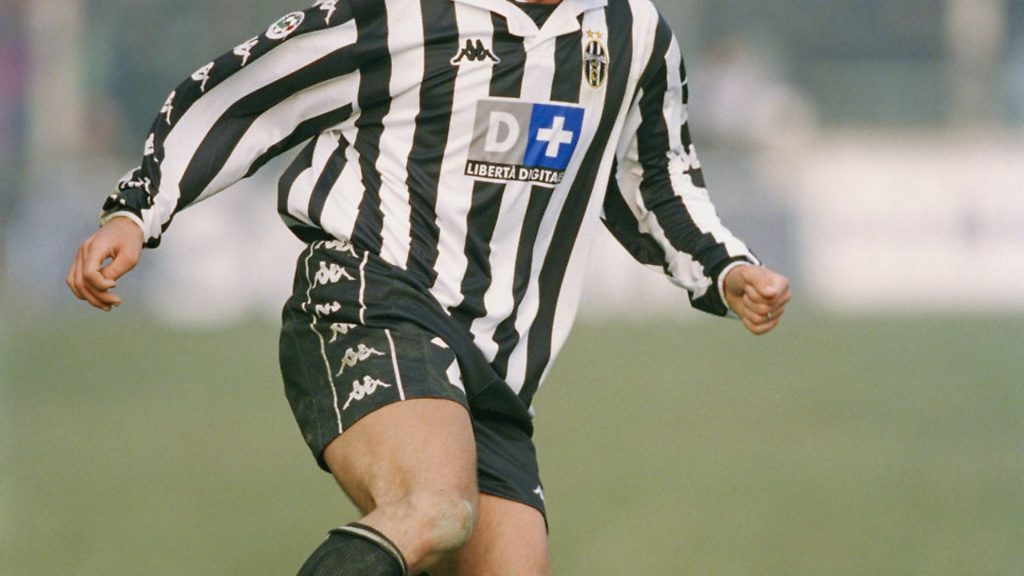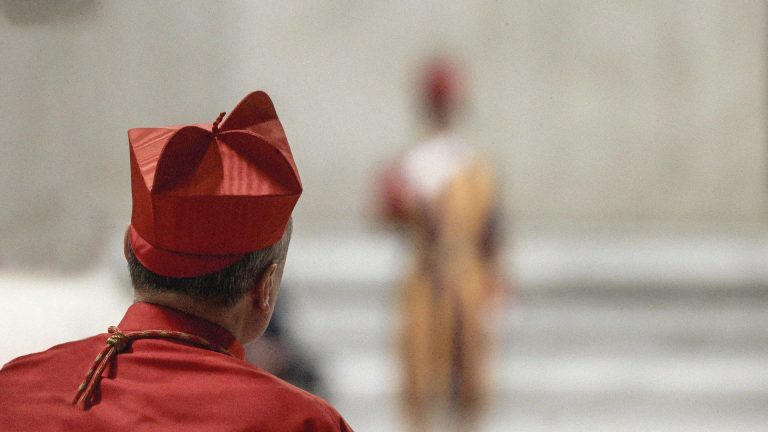
The club in Turin is a football club quite unlike any other – an institution which combines excellence and ugliness

For a club started on a bench in Turin by a bunch of schoolkids, Juventus FC have not done badly. Young Enrico Canfari and friends only sought a way to play an exciting new sport arriving from Britain. They could not have imagined that the football club they formed in 1897 would become one of the most successful in the world. It is one of the best supported too, with about 300 million fans around the globe. Moreover, La Vecchia Signora (‘the old lady’) is an Italian institution whose significance transcends sport. Juventus’ blend of sophistication with an ugly underside embodies Italy itself.
Like most clubs of their stature, Juventus have fans nation and world-wide. Some are armchair glory hunters whose existence can irritate ‘real’ football fans. But the societal developments that first created Juve’s dispersed following are different and deeper.
By choosing the Latin word for ‘youth’ as their name, Master Canfari and co. unwittingly opened the way for Juventus to attract supporters from far beyond Turin. As elsewhere, most other major Italian clubs are named after the place in which they are based. This feeds into the culture of campanilismo (literally ‘bell-towerism’) – the practice of drawing your primary identity from your hometown or local area, rather than nation. Such parochial pride is particularly pronounced in Italy, a country that was only unified in 1871 and still contains numerous local cultures, cuisines and dialects. By identifying themselves with an idea rather than a location, Juventus provide an alternative to the campanilismo some find suffocating. Indeed, the temptation they offer to stray away from home has led to them to be jokingly referred to as la fidanzata d’Italia (‘Italy’s girlfriend’).
As Italy industrialised rapidly in the first half of the twentieth century, wandering away from home became a literal necessity for thousands of Italians. Many moved from the impoverished south to seek jobs in booming northern cities such as Turin. One of the main magnets was the massive FIAT (Fabricca Italiana Automobili Torino) car factory. For many of these immigrant workers seeking an escape from factory life at the weekend, Juventus were a marriage made in heaven.

It was no coincidence that most hitched themselves to Juventus, rather than the city’s other equally successful team at the time, Torino FC. Both Fiat and Juventus were – in fact, still are – controlled by the Agnelli family.
The Agnellis were generally popular employers. Many of the workers who adopted their football club as a weekend escape from factory life exported their new-found passion back home to the southern Mezzogiorno region, where Juve still have a huge following. The phenomenon was subsequently globalised through the large numbers of mostly southern Italians who emigrated overseas during the post-War decades.
The Agnellis public standing in Italy is similar to the Kennedy clan’s in America. They are the nearest thing the republic has to royalty and leading actors in the national soap opera. Their style, success and all too frequent tragedies have fascinated the country for the best part of a century.
Edoardo Agnelli, bought Juventus in 1923. His motto was ‘everything can always be done better’. He implemented this saying by instilling the professionalism and will to win that is Juve’s hallmark to this day. Edoardo brought in foreign coaching expertise and built the club’s first purpose built stadium and training centre, thus transforming the modest club he had acquired. The result was five straight Serie A national titles from 1930-31 and the major contribution Juventus players made to Italy winning the World Cup in 1934 and 1938.

Sadly, Edoardo died in 1935 at the age of just 43 when the seaplane he was travelling in hit a log, causing him to fall out and trap his head in the propeller. This was far from the last tragedy to befall the Agnelli family and Juventus. Amongst other misfortunes, Eduardo’s namesake and grandson committed suicide in 2000 after a tragically short and troubled life. And the whole club was traumatised by the death of 39 supporters in Brussels before the 1985 European Cup Final against Liverpool, when fighting fans caused a wall at the dilapidated Heysel Stadium to collapse.
Edoardo Agnelli Senior was eventually succeeded as club president in 1947 by his son, Gianni, who did more than anyone to entrench the family myth. During his extended youth, Gianni spent his inheritance uninhibitedly on living the life of a wealthy playboy. But when granted responsibility for running the Agnelli empire, he quickly matured into a smart and charismatic leader, whilst retaining his love of life. Over the subsequent decades until his death in 2001, Gianni enthralled much of Italy with his sartorial elegance, stylish cars and string of affairs with glamorous women such as Anita Ekberg, the Swedish star of the quintessential Italian film La Dolce Vita, and Jackie Kennedy.
Gianni Agnelli evolved into the ultimate Italian patriarch and ran his family’s enterprises accordingly. Unusually for a club of its size, Juventus has a strong family philosophy. Players regularly remain part of the fold long after their playing days are over. It is sometimes said that Juventus’ approach stems from the Italian tradition of close extended families. There may be some truth in this but it does not happen at all Italian football clubs.
Long-serving 1970s and 80s midfielder Massimo Bonini explains that ‘at Juve, you do not have to worry about anything. Just playing and winning’. This approach is most evident with foreign players who serve the club well.
Czech star of the 2000s, Nedved, laughs about how Umberto Agnelli, Gianni’s younger brother and by then the club president, used to drop by regularly at his place whilst out walking his dog. The president calling in unannounced for a coffee and a chat about how he was getting on was not something Nedved had experienced at his previous clubs. Nedved now helps to run Juventus as its vice-president.
Perhaps the most striking story of all is that of Welshman John Charles. Il buon gigante (‘the gentle giant’) Charles was loved in Italy during the 1950s and 60s as much for his commitment and honesty as his prodigious football talents. For decades after his retirement and until his death in 2004, he was regularly brought back to be feted in Turin at club expense. Indeed, Charles was considered such a part of the family that the Agnellis quietly bailed him out of a couple of failed business ventures, many years after any contractual obligations to him had expired.
That said, Gianni Agnelli ran a tight ship and his fatherly approach extended to imposing tough rules on his players personal conduct and appearance. Scruffy hair, beards and tattoos were frowned upon almost as much as any off-field misbehaviour. One of the few players bold enough to challenge l’Avocatto (‘the lawyer’) was French superstar, Michel Platini, who won three European Footballer of the Year awards during his time in Turin in the 1980s. On one occasion, Agnelli was horrified to find Platini smoking in the dressing-room after a game. The languid midfielder replied ‘don’t worry, Mr President, you only need to panic if Bonini (who was known as ‘Platini’s lungs’ because he did most of his donkey work for him) lights up’.
For all that, players are well-looked after at Juventus, there are clear expectations on them in return. Edoardo Agnelli’s demands for professionalism and success have endured through his descendants. On taking the reins at the club, Gianni vowed to create an irresistible team that would play with unprecedented style.
His first success in doing so was the late 1950s ‘trio magica’ team of Charles, local hero Giampiero Boniperti and Argentinian Omar Sivori. This and Juve’s subsequent successes were based on blending skill with a single-minded approach that goes far beyond high quality facilities, technical expertise and a welcoming in-house atmosphere. It was Boniperti, a fine forward and future club president, who coined the phrase that remains central to Juve’s ethos – ‘winning is not important. It is the only thing that counts’.
This ruthless philosophy has sometimes led Juventus to into trouble. By the 1970s, the spectacularly skilled players such as Gaetano Scirea (who later died tragically in a car crash aged just 36 whilst on a scouting mission in Poland), Franco Causio and Roberto Bettega were backed up by teammates with less savoury talents.
Claudio Gentile was a man-marker nicknamed ‘the dictator’ due to his brutality and birthplace in Colonel Gadaffi’s Libya. After kicking Diego Maradona out of a 1982 World Cup game, Gentile remarked tersely ‘football is not for ballerinas’. Midfielder Romeo Benetti’s rampant dark side earned him notoriety. Benetti says he knew he had gone too far when he overheard a mother whispering to her small child in a restaurant one day ‘there’s Romeo Benetti. Now, eat your lunch or I’m going to bring him over here to sort you out’.
Juventus fans would argue this was a universally violent era on the football field and, as with everything else, their men were just better at it than their rivals.
Others might not find that much of a defence. As they did not when Juventus used a similar argument during the 2006 Calciopoli scandal. Amongst other allegations, this involved the club’s chief executive, Luciano Moggi, influencing the Italian Referees Association to appoint ‘friendly’ officials to Juve’s matches. Others clubs were accused of doing the same thing. But only Juve were punished severely by relegation to the second tier Serie B – possibly because they had indeed been ‘better’ at practising this form of corruption than their competitors.
Suspicions also still surround the superb mid-1990s team that won the Champions League in 1996 and featured Alessandro del Piero, Didier Deschamps, current Chelsea manager Antonio Conte and (by 1997) Zinedine Zidane. Swiss newspaper of record Le Temps was the latest to repeat doping allegations earlier this month. The AS Roma manager, Zdenek Zeman, said at the time in apparent reference to Juventus, ‘Italian football needs to get out of the pharmacy’. The club doctor during this period, Riccardo Agricola, was given a 22-month suspended sentence in 2004 for administering banned substances to players, notably EPO, but later cleared on appeal.
And yet. For all the periodic abuses of power and dubious practices, there is great beauty – the legendary la bella figura – too. Yes, the footballing wonders of Boniperti, Sivori, Causio, Platini, Zidane and Pirlo. But also the ingrained class and touches of human warmth. When their sparkling new stadium was opened in 2011, most other mega-clubs would have invited another of their number such as Real Madrid or Manchester United to play the inaugural match. Juventus invited English League Two outfit Notts County because it was County who provided them with their first set of those elegant black and white striped shirts back in 1903.
It is this blend of warmth, style and commitment to excellence that enables Juventus to rise above the ugliness to which they are also prone. Rather like Italy itself.
Paul Knott is a writer and former diplomat









